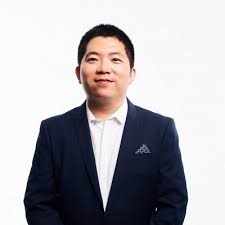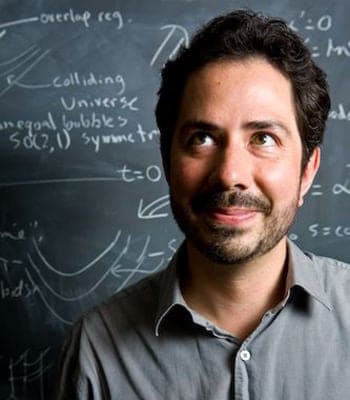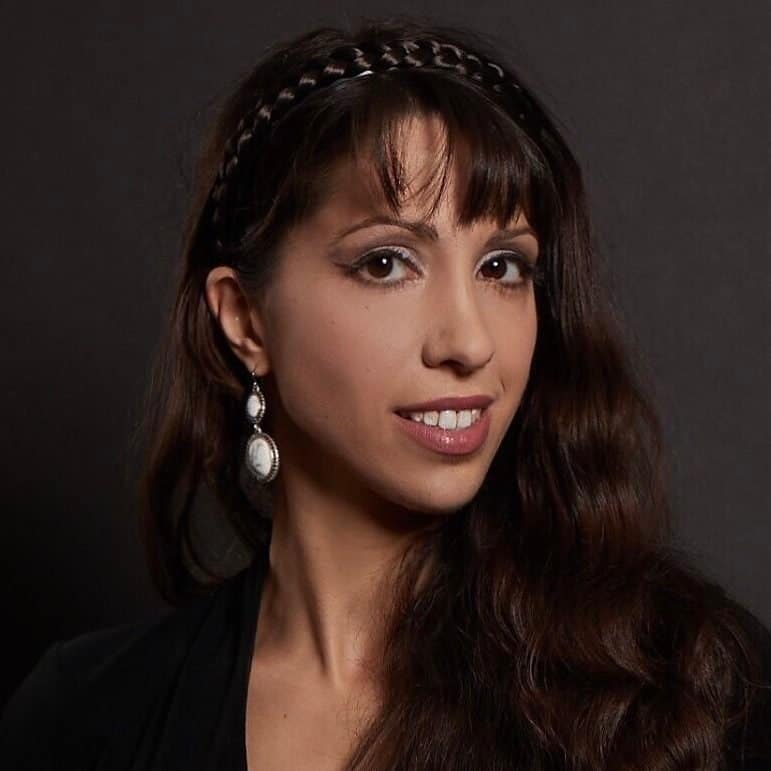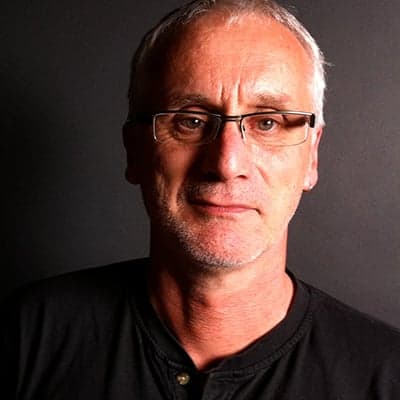Stuart Russell | UC Berkeley

Contents
Stuart Russell | UC Berkeley
Professor of Computer Science & Engineering
What advice do you have for people coping with this crisis?
Get information and follow advice from reliable, expert sources — primarily
infectious disease experts and public-health epidemiologists.
What do we need to do to be prepared for future pandemics?
We can analyze what went wrong this time and put in place the necessary resources and
plans to avoid these problems next time. Clearly there has to be a capability to roll out testing
at scale and to provide surge capacity for hospitals. We also need much more sophisticated
and flexible models that capture the patterns of contacts and transmission at an individual level, can predict the effects of different kinds of intervention, etc.
It seems that the best model of the US was the one created at Imperial College London, which should be concern for US policy makers.
However, nothing can be done if knowledge and expertise are discarded in favor
of political expediency and prejudice. Undoubtedly there will be a massive public relations war after
the pandemic dies down, to try to blame events on anyone but those responsible.
Indeed, this war is already beginning, with attacks on China, doctors, journalists,
old people, epidemiologists, etc.
What can we learn from COVID-19 about other catastrophic risks like nuclear war, AI, etc?
Bad things happen, so be prepared. Just because a risk is not certain, that doesn’t mean we don’t prepare for it
or attempt to prevent it. We have spare tires in our cars in case of a flat. We have a military in case of a war.
The costs are massive if and when the catastrophe occurs, while the costs of prevention and mitigation may be relatively tiny.
About the Future of Life Institute
The Future of Life Institute (FLI) is a global think tank with a team of 20+ full-time staff operating across the US and Europe. FLI has been working to steer the development of transformative technologies towards benefitting life and away from extreme large-scale risks since its founding in 2014. Find out more about our mission or explore our work.
Related content
Other posts about COVID-19

Yi Zeng | Chinese Academy of Sciences/BAAI

Anthony Aguirre | UC Santa Cruz

Emilia Javorsky | FLI

